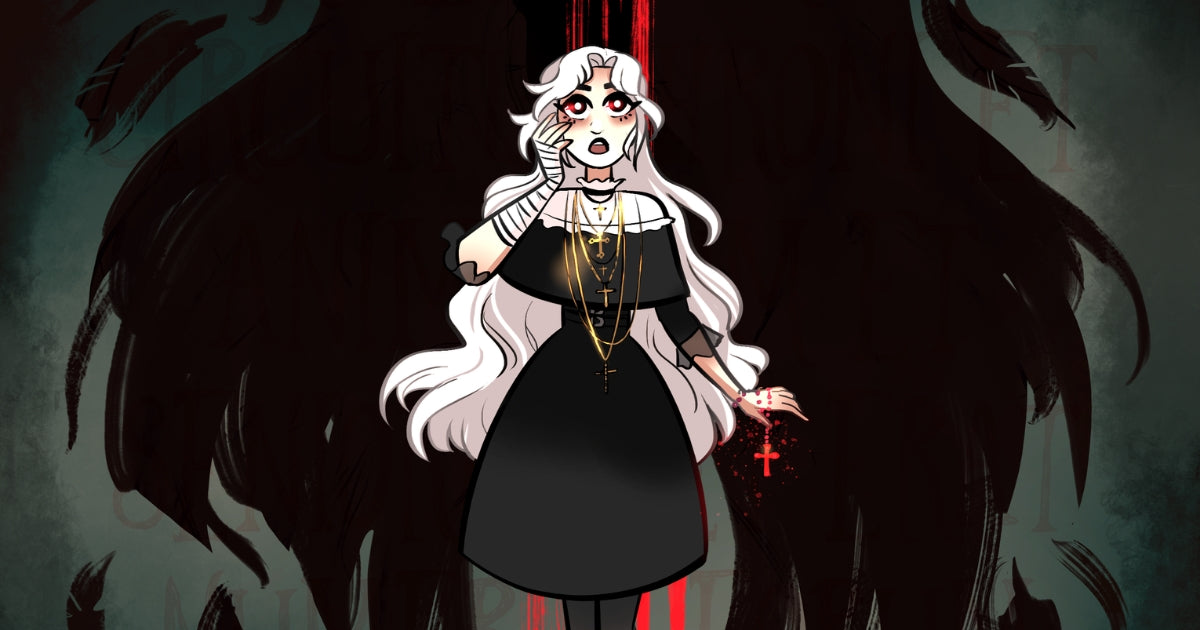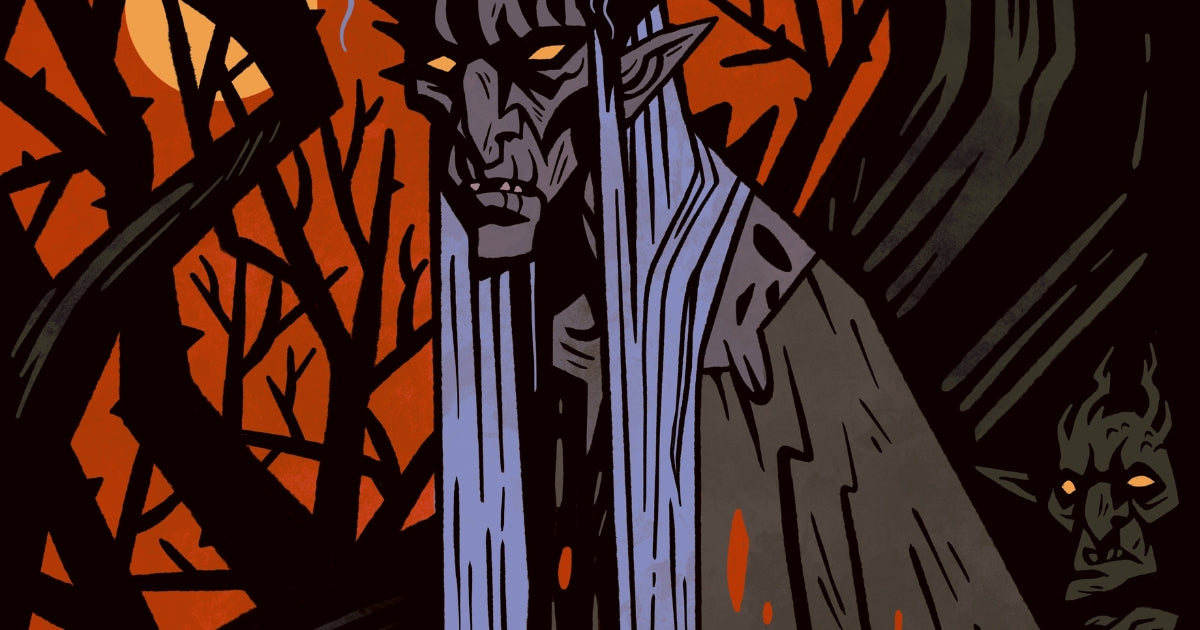

Author Interview: Paul Tremblay
Feature by Janelle Janson
Recently I had a chance to chat with renowned horror author Paul Tremblay. Not only does he write thoughtful characters the reader can invest in, his ambiguously styled storytelling will keep you thinking long after you finish. In this insightful exchange, we delve into Paul’s creative process, his venture into film with Knock at the Cabin, and his tantalizing upcoming projects. It’s an intriguing journey, offering a peek into the life and inspirations of an author who persistently redefines the contours of the horror genre.
JANELLE JANSON: Paul, thank you again for taking the time to chat with me. I am a superfan and have to pinch myself whenever I get the opportunity to do this. Briefly, can you introduce yourself?
PAUL TREMBLAY: Thank you, Janelle. Well, I’m Paul. I like reading books and watching sports in my spare time. I’ve been a high school math teacher for *years redacted*. I’ve also written a bunch of books, including A Head Full of Ghosts,The Cabin at the End of the World, and The Pallbearers Club. Despite what John Langan claims, I do not plan on murdering him.
JJ: That’s good to know. Do you have any superstitions or rituals when you write? Where do you find inspiration?
PT: No superstitions (knock on wood) or rituals. I don’t have time for rituals, especially during the school year. If I find a free hour, then I sit my butt down and take advantage of it.
As far as inspiration goes… Everything? The most common sources of inspiration come from books, music, movies. When a book/song/movie lands with me, I get excited, and I think, oh, I want to try that, or I want to get close to that in some way, using a spark to build a new fire. Of course, inspiration can be totally random—an as-you-go-about-your-day thing. I try to remain open to those moments when something minor happens and it bubbles into a what-if-scenario. So yeah, fire and bubbles.
JJ: What are you currently reading and loving? Any books coming out that you’re excited about?
PT: I’m about to dive into a few non-fiction books for novel research (ugh, I hate research). But I’m currently reading Stephen King’s Holly, which is excellent. I’m looking forward to reading Rachel Harrison’s Black Sheep, Chuck Wendig’s Black River Orchid, and Tananarive Due’s The Reformatory. I had the opportunity to read an early copy of A Haunting on the Hill by Elizabeth Hand, a novel set in Shirley Jackson’s Hill House. That book will be published later in October, and I’m sure folks will love it as much as I did.
JJ: I have to say, you have amazing taste in books. Please tell us a bit about your latest book, The Beast You Are. Was this a collection of stories you recently wrote? Or were these stories written over several years?
PT: The title of the collection references the loose theme of monsters and monstrousness. Not every one of the fifteen stories has a literal monster in them, but many do. In the other stories, the characters confront the monsters of grief or their own monstrous actions and selves. While there is the loose theme connecting the stories, I hope that each story is its own monster and doing its own thing.
The bulk of the stories were first published after my 2019 collection Growing Things and Other Stories, but a few stories are older, with “The Blog at the End of the World” (first published in 2009) as the oldest. The title novella is brand spanking new.
JJ: Which story stands out most to you? For the record, I loved every single one. “The Postal Zone,” “The Dead Thing,” “House of Windows,” “The Last Conversation,” and the title story really stuck with me. It’s almost impossible to pick a favorite.
PT: Thank you for the kind words. Each story claims a plot of land in my heart, but the novella, “The Beast You Are,” is my favorite, or the one that has the largest plot of land. I had a blast writing it, and there’s a part of me that can’t believe I wrote it—in a good way! Getting to engage or converse with some of my favorite works (Watership Down, Secrets of NIMH, Toby Barlow’s Sharp Teeth, Chris Ivrin’s Ragged) was a true pleasure. “The Beast You Are” was a rare story idea that I let hang around and marinate for a few years before attempting to write it, mainly because I didn’t think my publisher would consider publishing an anthropomorphic animal novel written in free verse. But when they asked me for a collection, I thought I could sneak it into the world as a novella.
So many of the images and characters from “The Beast You Are” remain vividly fresh in my head. Magg and Mereth will be hanging out with me for a long time, I think.
JJ: The Rats of NIMH and Watership Down are two of my favorites. Do you enjoy writing short fiction, long fiction, or both? Do you schedule your writing time?
PT: I like both. When I first started writing, I wrote nothing but short stories. But now that I’ve been in novel mode for about ten years, I find it more challenging to return to shorts. When I do return to short stories, the experience is (generally) enjoyable (or as enjoyable as writing is for me), informative, and even restorative. It’s nice to take a 2-4 week break from the novel in progress to work on a short piece. Then, when I get back to the novel, I usually come back with fresh eyes. We all want fresh eyes, right? And we all want fire and bubbles too, apparently.
During the school year, my writing time, it’s a day-to-day kind of thing, where I try to find an hour or two for writing, or writing-related activities. Sometimes I can steal a period for writing at school, though usually, I’m working at night. On off-days, I prefer to work in the morning.
JJ: I’m so curious: how was the entire experience making Knock at the Cabin? Can you share any insights into the process of collaborating with M. Night Shyamalan and the translation of your story to the big screen?
PT: The experience was exciting, dizzying, but also frustrating at times with the weird (to carefully choose a word) lack of support or acknowledgement of the book prior to the film’s release. Not to mention the amount of hassle they gave us over the media-tie-in edition of the book, so, I um, won’t mention it.
JJ: Yes, I was one of those annoying book people shouting on my social media. But I won’t mention that either.
PT: As far as insights into the collaboration goes, there are none, because it wasn’t a collaboration. Which was and is fine. I knew going in that I wouldn’t be consulted or anything like that on screenplay or story decisions. Visiting the set for two days and going with my family to the premiere were certainly exciting and wonderful experiences that will stay in the memory palace until it collapses into rubble.
JJ: Are there any other works of yours that you’d like to see adapted into film, and if so, which stories?
PT: I’d love to see many more adaptations of my work, of course. Survivor Song is currently the closest to being a flickering image thing.
JJ: Is there any chance A Head Full of Ghosts will be adapted to screen? I know there has been some talk.
PT: Yeah, there’s a chance. It’s under option currently, but there aren’t as many pieces in place as there are for Survivor Song. We’ll see. Fingers crossed.
JJ: While we’re on the topic, what book by another author would you like to see adapted into a film or television series?
PT: Oh, so many. I’d love to see John Langan’s The Fisherman, Mariana Enriquez’s Our Share of Night, and Sarah Langan’s Good Neighbors as limited series. I think we’re getting an adaptation of Liz Hand’s Generation Loss, so that’s very exciting. Give me Gabino Iglesias’s The Devil Takes You Home as a movie. Also, I’d love to see a limited series of Bolano’s The Savage Detectives and/or 2666. Oh, and I volunteer to write the screenplay adaptations of Cynan Jones’s The Dig and Peter Straub’s “Mr. Clubb and Mr. Cuff.”
JJ: What is a book you like to reread? What book really scares you?
PT: I wish I had more time (don’t we all) for rereads. For about a ten-year period, I used to reread Kurt Vonnegut’s Slaughterhouse Five each June. That’s the book I’ve reread the most. I like to squeeze in some King rereads by audiobook. This year, I’ve reread The Fisherman and Our Share of Night.
I don’t know if I can pick one or think of one singular book that scares me the most. Beyond the scary works I’ve already mentioned, let’s add Sara Gran’s Come Closer to the list.
JJ: Do you have anything else you’d like to tell us about? Any new projects in the works?
PT: On September 26, my novelette “In Bloom” was published by Amazon Original Stories as a part of the Creature Feature collection. I’m about to turn in copy edits for my novel Horror Movie, which will be published June 25, 2024. Elsewhere, I managed to write a middle grade novel that I hope to have some news on soon.
My newest project is a calculus quiz, and I just realized that I gave them some problems that weren’t supposed to be on the quiz. Every math student’s nightmare, yeah?
The Beast You Are is currently available for purchase wherever books are sold.

Paul Tremblay

Janelle Janson
Feature Writer
Continue reading

Get Author Updates
Promotions, new products and sales. Directly to your inbox.



